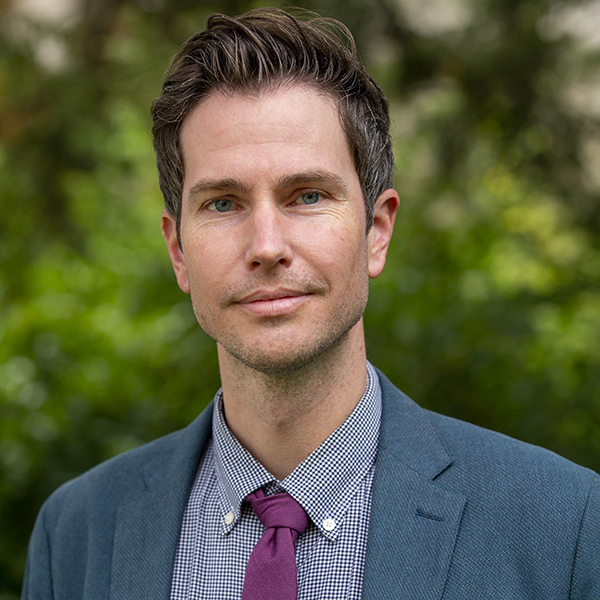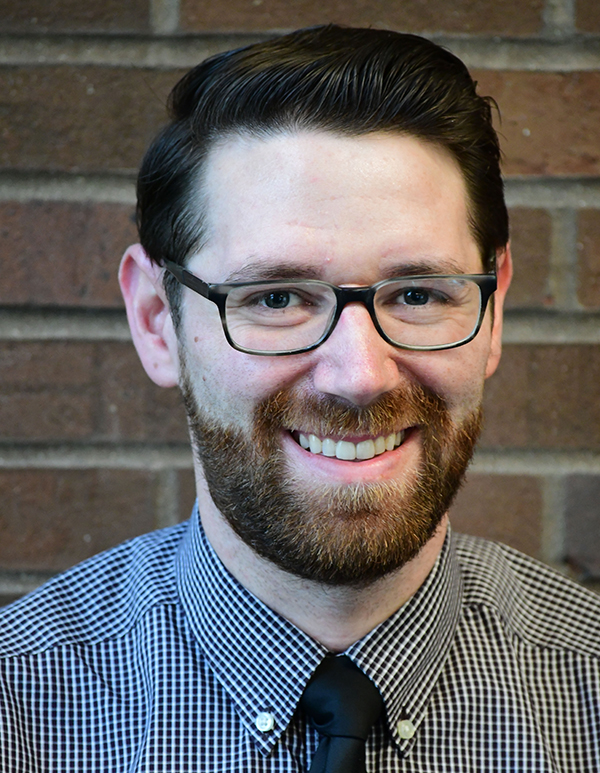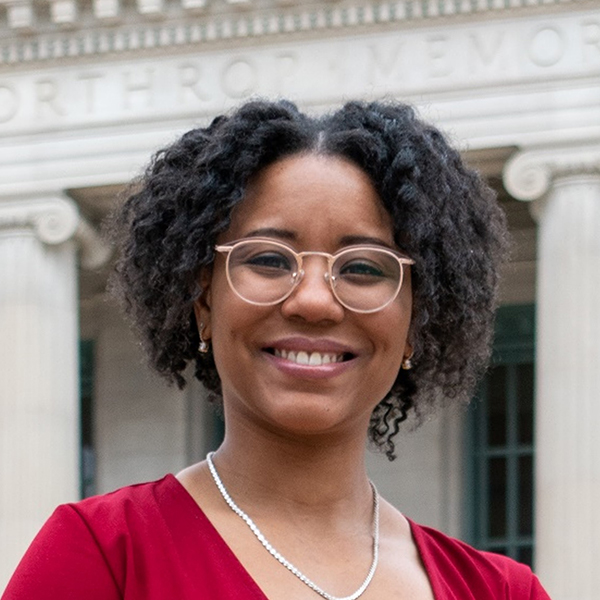About the Population Scholars Program
The MPC Population Scholars Program is an intensive grant proposal writing program that runs from January 2024 through Fall 2024 NIH and NSF submission deadlines. This annual program trains a cohort of scholars--both from the University of Minnesota and from the broader population studies research community--in grant proposal writing and introduces them to the grants process. Participants have opportunities to network with MPC leadership and their fellow scholars.
The overarching goal of the MPC Population Scholars Program is to develop and foster a vibrant nationwide community of diverse scholars doing critical population health research.
2024 Scholars

Andrew Fenelon
Andy Fenelon is an Associate Professor in the Division of Epidemiology and Community Health at the University of Minnesota-Twin Cities. He is a demographer and population health scientist interested in the social and policy determinants of health. Specifically, he studies how housing policy can improve health and well-being and reduce inequalities across the life course. Previously, he taught at Penn State and the University of Maryland, College Park.
As an MPC Population Scholar, Andy will develop a grant proposal focused on the long-term impacts of early life exposure to US public housing during the beginning of the program using long-run linked data. He also hopes to engage with other scholars interested in population health.

Melissa Ertl
Dr. Melissa Ertl is an Assistant Professor of Psychology at University of Minnesota. Her research focuses on social and cultural determinants of health and well-being among marginalized populations, including Latinx immigrants and young adults, women, and LGBTQ+ individuals. Her work aims to promote health equity by informing the development of culturally responsive health prevention interventions with populations affected by health disparities. As an MPC Population Scholar, her goal is to develop an R03 proposal to examine structural sexism in relation to sexual and reproductive health among women.

Matt Nelson
Matt Nelson is a Research Scientist within the Institute for Social Research and Data Innovation at the University of Minnesota working on the U.S. full count census data 1790-1950. His research examines best practices and data quality issues with historical U.S. census data and identifying kinship networks beyond the household. Matt received his PhD in History at the University of Minnesota in 2018. As an MPC population scholar, he hopes to submit a grant proposal to use linked census data to more accurately identify kinship networks, research the effects of kin on demographic outcomes such as fertility and mortality, and disseminate these kinship links to other researchers via IPUMS.

Cydney McGuire
Cydney McGuire is an Assistant Professor at the O’Neill School of Public and Environmental Affairs at Indiana University. Dr. McGuire’s work focuses on examining the structures, institutions, and policies that produce inequities in health, understanding how we can produce better health policies to eliminate health inequities, and investigating the intersection between inequities in health and political engagement. Her research examines racialized disparities in chronic health conditions and social needs, such as food security. As a MPC Population Scholar, her goal is to develop an NIH grant proposal to investigate the mechanisms of the relationship between health and political engagement.